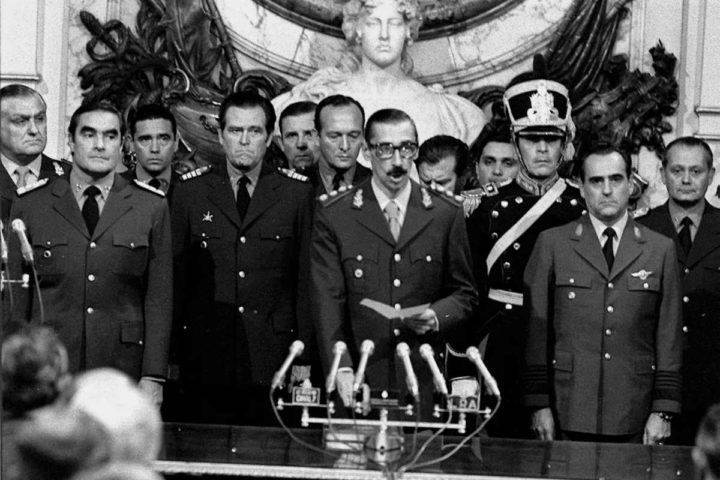The philosophical and sociological debate about utopian engineering as an erroneous construction of society is of utmost importance since Economics, Sociology and Political Science all have deep historical roots, as Karl Popper rightly points out, and its consequences can be traced back to the present day.
Utopian or Platonic, or holistic engineering1 is opposed to what Popper calls “piecemeal engineering”, which he considers adequate (and even good) for transforming society. The problem with utopian engineering is that it seeks to change society as a whole. It pretends that human behaviour adapts to unchangeable “ideals”, which are the Platonic Forms for Popper.
Popper thinks that utopian engineering has an inadequate, negative and socially dangerous impact. But that view is not universally accepted and deserves critical examination.
Popper argues that according to utopian engineering, the Ideal State’s political goal is determined before any practical action is taken. “Only once we have in our hands the design of the ideal society can we begin to consider the means to materialize it”2. Utopian or holistic engineering acts with total end arrangements, seeking to “reshape” the social whole, aiming to modify human behaviour to conform to such “ideals” at any cost. In this sense, the experiments undertaken are large-scale experiments.
Utopianism rests on three assumptions, which are:
- the belief, in Platonic style, in an absolute and immutable ideal such as the Ideas or Forms.
- the conviction that there are rational methods for determining once and for all what that ideal is and
- which are the best means for the realization of the perfect State.
Assumptions 2- and 3- are, according to Popper3, false. In any case, there may be some virtue on the side of the leaders, but this is a matter of luck and not of rational methods.
In Popper’s eyes, there is an attitude of arrogance in the supporters of this method since they believe themselves capable of “saving” the whole of humanity. At the same time, there is a Manichean attitude since they are convinced that either their plan will save the world or that it will only result in chaos.
But what exactly makes Popper critical of holistic engineering?
Strictly speaking, what Popper criticizes of utopianism is its purpose of reconstructing society as a whole, bringing about far-reaching changes but, and this is fundamental, without having sufficient experience to do so4. Paradoxically, holistic engineering does not allow any social experiment since it proposes a total transformation of society as a whole. Popper says that they are experiments in the bad sense of the word: “they are actions whose outcome is uncertain”5. In this sense, they are not experiments.
For Popper’s piecemeal engineering, as opposed to utopian or holistic engineering, social experiments must be carried out on a small scale without revolutionizing society as a whole. One institution at a time must be modified. Such experiments are possible; in fact, according to Popper, we live doing them: for example, introducing a new tax, penal reform, or even the man who opens a store or gets a ticket for a play. These are social experiments that have repercussions on the whole of society, even though they do not totally transform it. “All our knowledge of social life is based on experiments such as these”6. Small-scale experiments are approved by engineers who are aware that society is continually developing. And this development is not repetitive. But “since the experimental method requires repeatability of the test conditions, how does one explain that there can be social experiments? Because there are [answers Popper] partial aspects of social life that are repeatable and therefore can be explained by sociological hypotheses: these are the hypotheses that are tested by piecemeal social engineering”7.
In short, piecemeal engineers have a modest attitude, for they do not aspire to change society as a whole, nor do they aspire to the perfection of the ideal state or to make anyone happy, since there are no institutional means to do so, but rather that “men exercise their right not to suffer”8. The piecemeal engineer may or may not have drawn in his mind a blueprint for society and may or may not hope that humanity will one day materialize it, achieving perfection and happiness. But he will be aware that perfection is a distant thing9.
Says Popper: “if the utopian method results, it is because the piecemeal method supplied the necessary experience, and this, in any case, always within the limits of the acquired experiences”10.
Notes
[1]Popper, K. R. (1945). La Sociedad Abierta y sus Enemigos. Barcelona: Planeta-Agostini, 1992, especialmente cap. 9, pp.173-184.
[2] Ibid., 174.
[3] Ibid., 177.
[4] Ibidem.
[5] Popper, K. R. (1961). La miseria del historicismo. Madrid: Alianza, 1996, p. 84.
[6] Ibidem.
[7] Popper, K. R. (1972). Conjeturas y refutaciones. Barcelona: Paidós, 1991, p.85.
[8] Popper, K. R. (1992) p.174.
[9] Ibidem.
[10] Popper, K. R. (1992) p.179.





